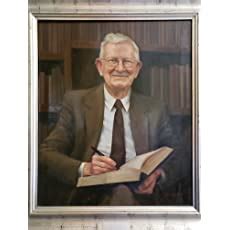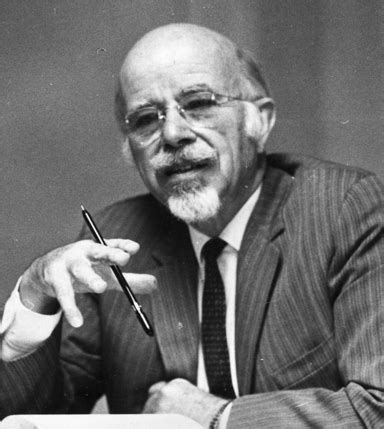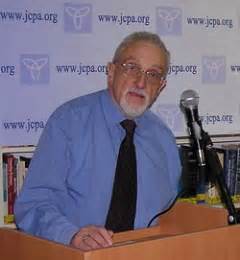A Quote by Tony Evans
Churches are having a limited impact on society because they fail to understand that the goal of the church is not the church itself but the kingdom.
Related Quotes
I call this my church house trilogy. Souls' Chapel really was music from the Mississippi Delta, which to me is a church within itself. The Delta is the church of American Roots music. The Badlands is a cathedral without a top on it. And the Ryman has been called the Mother Church of Country Music, but to me it's the Mother Church of American Music. If you can think it up, it's been done there. In my mind, this is kind of a spiritual odyssey as much as anything else, and I had the settings of three churches to make it in.
Nothing in the church makes people in the church more angry than grace. It's ironic: we stumble into a party we weren't invited to and find the uninvited standing at the door making sure no other uninviteds get in. Then a strange phenomenon occurs: as soon as we are included in the party because of Jesus' irresponsible love, we decide to make grace "more responsible" by becoming self-appointed Kingdom Monitors, guarding the kingdom of God, keeping the riffraff out (which, as I understand it, are who the kingdom of God is supposed to include).
There was the strangest combination of church influence against me. Baker is a Campbellite; and therefore, as I suppose with few exceptions, got all of that Church. My wife had some relations in the Presbyterian churches, and some in the Episcopal churches; and therefore, wherever it would tell, I was set down as either one or the other, while it was everywhere contended that no Christian ought to vote for me because I belonged to no Church, and was suspected of being a Deist and had talked of fighting a duel.
What James Madison and the other men of his generation had in mind when they wrote the First Amendment was that there should be no official relationship of any character between government and any church or many churches, and no levying of taxes for the support of any church, or many churches, or all churches, or any institution conducted by any of them.
We must avoid the spiritual disease of the Church that can become self-referential: when this happens, the Church itself becomes sick. It’s true that accidents can happen when you go out into the street, as can happen to any man or woman. But if the Church remains closed onto itself, self-referential, it grows old. Between a Church that goes into the street and gets into an accident and a Church that is sick with self-referentiality, I have no doubts in preferring the first.
The Church is always in trouble because the Church walks into the trouble in which mankind is trying to resolve itself. There are a lot of areas that need to be addressed. If we were perfect we wouldn't be the Church. I think it's the imperfections that allow people to trust that you're working (toward) something.
I've always been interested in miracles, or the miraculous of the unexplained. I don't scoff at what makes people believe or want to believe. I think I understand the tremendous attraction of the mysteries of the church to the same degree that I understand and appreciate the frustration people feel, especially believers, with the human rule-making arm of the church, with the not-miraculous part of the church - any church.
The Church is not segregated by region or cities. That's an antiquated view of the world. We are united with churches all over the world working toward common goals based on shared values. Mosaic is one of the most racially diverse churches on the planet. Our community and extended Church family is global and completely integrated.
Protestants are the more segmented group. Mainline churches - you have problems in the U.S., Europe, the Scottish Church, the Dutch Protestant Church, the state church in Norway. The evangelicals have been pro Israel, but a major effort is to bring them in on the Palestinian side. A huge problem and the problems are rising.































